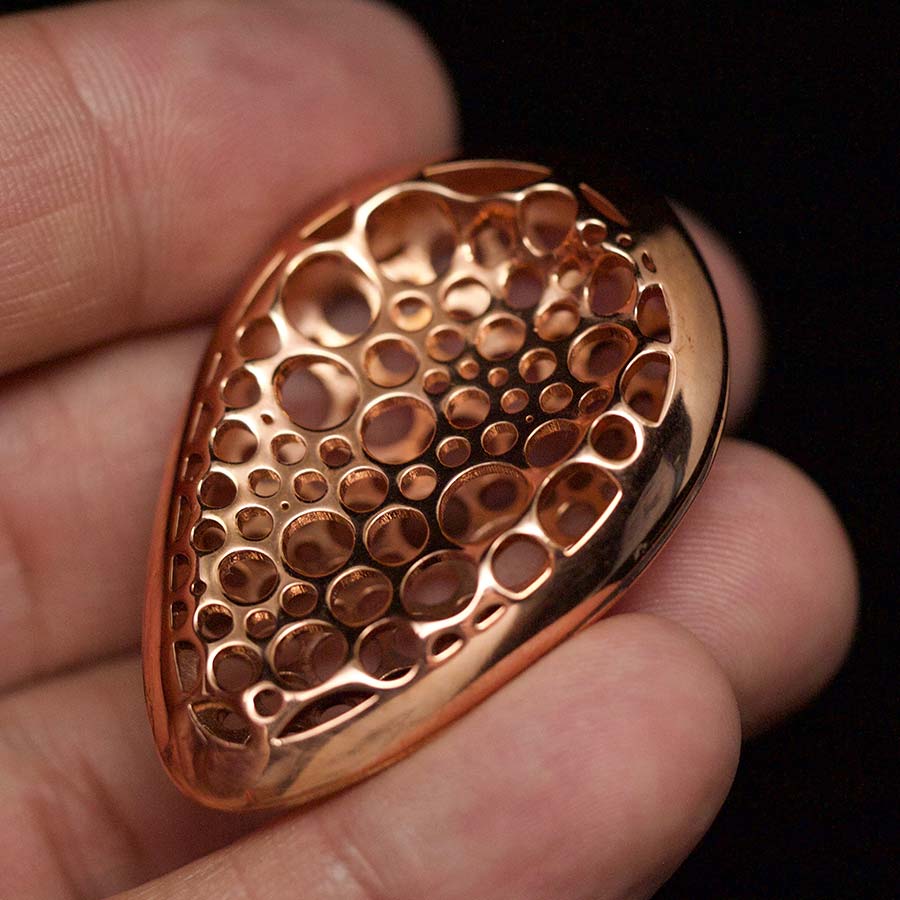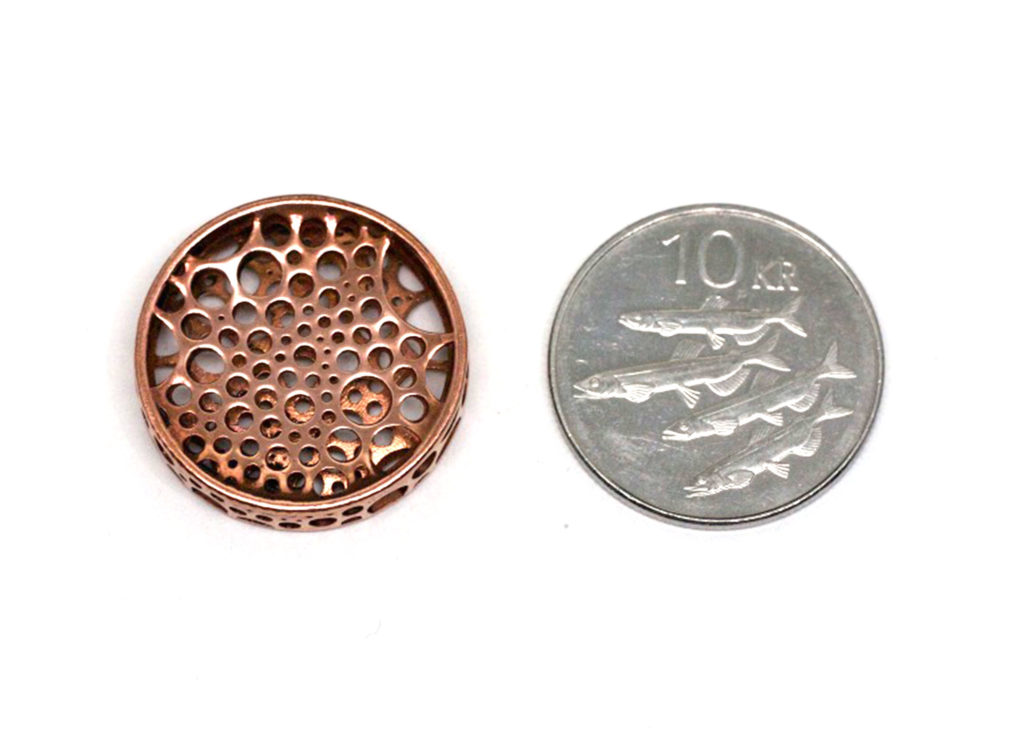When is the last time you touched your face? You probably didn't even realize when you did. How do you break a habit that you didn't know was terrible and that you didn't even know you had? You're not alone. We all touch our faces — a lot.
As you go about your day, you touch countless things — doorknobs, elevator buttons, credit card reader screens. Microbes, including the new coronavirus, can linger on those surfaces for days. Every time you place your finger on something, various microscopic organisms hitch a ride. When you touch your face, they hop off your fingertips and into your nose, mouth, and eyes - the express route into your body.
The coronavirus outbreak has raised awareness of just how often we reach for our faces. According to Dr. Vanessa Raabe, assistant professor in the department of medicine at NYU Langone Health, "It's a very difficult habit to break because we all do it, and oftentimes we're not even aware we're doing it."
What should you do?

Keep your hands busy.
Dr. Raabe offered this suggestion: "Be cognizant of triggers." Not to get all Zen, but take the time to be in the moment and pay attention to yourself and take note of compulsive behavior. Maybe you stroke your chin when you're trying to find the right word? Or, like many people, you rub your nose when you get a bit sleepy? Knowing where the trap is —that's the first step in evading it.
According to doctors, occupying your hands can reduce instances of touching your face. Fidget stones and stress balls are an excellent way to keep your hands busy and away from your face.
If you don't have a stress ball to squeeze, or a hrigpoki stone to rub, why not keep a special coin handy? Iceland's 10 krónur coin inspired the hringpoki fidget coin. As a bonus, using a souvenir coin to occupy your hands might bring back memories of your trip. Hey, even a mental vacation is a vacation.

Coins made with copper are also naturally antimicrobial and anti-fungal. Research shows that copper has an inherent ability to kill a wide range of harmful microbes, and it can help prevent the spread of respiratory viruses. If an animal coronavirus makes a "host jump" over to humans, the result can be cases of severe infection with high mortality. "Researchers found that a closely-related human coronavirus - 229E - can remain infectious on common surface materials for several days, but is rapidly destroyed on copper."
The old rhyme, "See a penny, pick it up, all the day you'll have good luck," might be great medical advice, too. And remember, don't touch your face!
No comments.